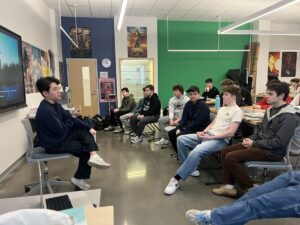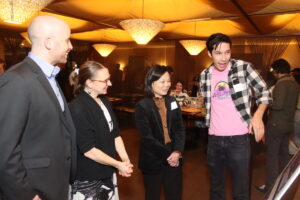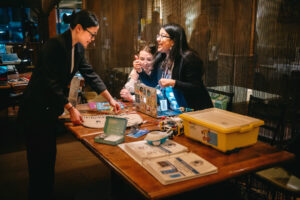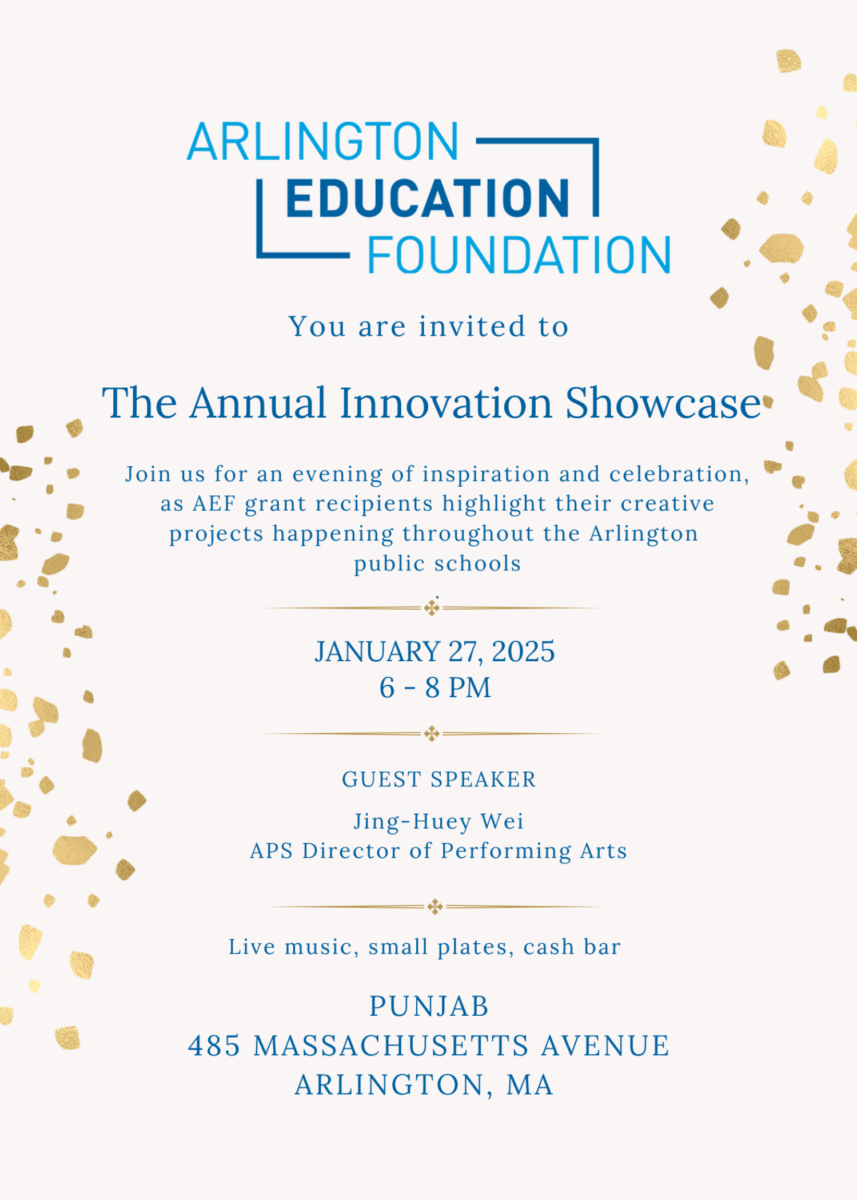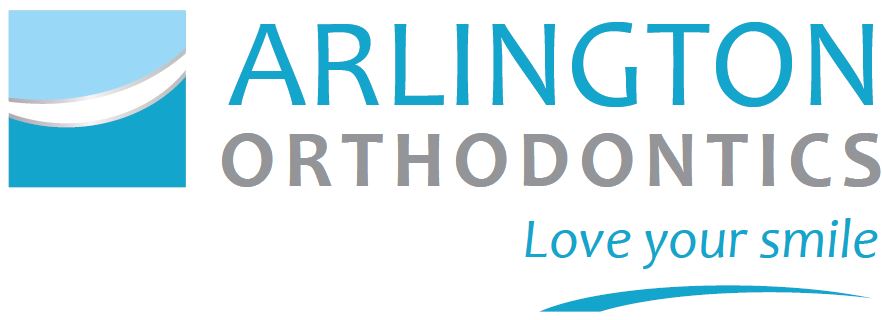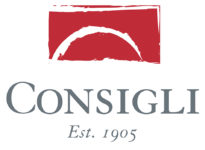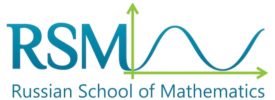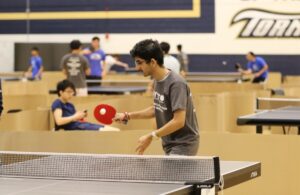
Manish Kumar, leader of the AHS Ping Pong Club, goes in for a shot during a tournament held in November at Malden High School. In March, with support from AEF, the club will send two teams to the playoff round, with the chance to advance to compete at the national level.
Pay a visit to Arlington High School on any Tuesday between 2:10 and 3 p.m., and you’ll find students engaged in a number of activities, whether it’s creating digital music in the performing arts wing, feeding and caring for the animals that make up the district’s popular Animal Lending Library, or participating in a friendly game of ping pong or badminton in one of the school gyms.
That hour is known as X block, a time when many high school clubs hold their meetings. Led by students, these clubs give members the opportunity to explore topics and activities beyond the school classroom. While students are responsible for raising most of the funds needed to sustain these groups, the Arlington Education Foundation last year launched a new program called Club Grants to help support them.
Student groups may receive up to $350 each though a competitive application process. Last month, in its second year of the program, AEF approved a total of $3,050 in Club Grants for nine different student activity groups at AHS.
One group to receive a grant was the Ping Pong Club, led by AHS senior Manish Kumar.
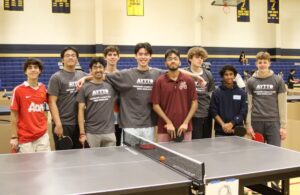
The AHS Ping Pong Club participated in a tournament with other area high school students held at Malden High School in November. The club recently received an AEF Club Grant to help support its tournament fees.
“I was really stoked,” Kumar said. He joined the club as a freshman, and has watched it grow over the last four years to around 30 consistent members. In November, the club sent two teams to compete in the first round of the American Youth Table Tennis Organization’s New England Scholastic Table Tennis League Tournament, held at Malden High School. In March, the teams will compete again in the playoff round, with the chance to compete at the national level if they win.
Kumar said the $350 grant from AEF will allow the club to participate in these tournaments in a way that is accessible to all students, not just those who have the financial means to do so.
“There are many clubs at Arlington High, and a lot of these clubs are to ‘build your resume,’” for college and beyond, Kumar said. “Ping Pong Club is more recreational. If you want to try the sport and be interested in it, you can. You can also take it more seriously and go to tournaments and join the team.”
Amitai Zur, an AHS junior who leads the Spanish and Portuguese Club alongside AHS senior Anna Samary Marques, said they plan to use the $300 grant they received from AEF to host two dance sessions with the Latin Dance Studio in April. The club, along with the AHS Latino Student Union, hosted similar events last year, attracting about 50 students per session to learn salsa, bachata and other dance styles.
“We want to expand on the dances from last year, and it’s great that we have it two years in a row, with a lot of students coming back,” Zur said. “Some of the kids remember some of the dances, and they will be able to keep expanding” their knowledge.
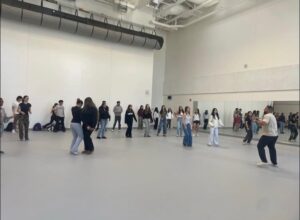
The AHS Spanish and Portuguese Club held two dance sessions with the Latino Dance Studio last year. They plan to host the sessions again this April, thanks to support from an AEF Club Grant.
Receiving support from AEF is a game changer, Zur said. “It’s super helpful, and it was needed. A lot of the time, when we are doing stuff, the club leaders often spend money out of their own pockets. We have to save receipts and divide the balances among the leaders. [With the grant] the leaders can spend more time leading the activity instead of having to figure out financial stuff. We receive more money through the grants than what most leaders are willing to spend out of their own pockets. We are high school students! It opens a lot more doors.”
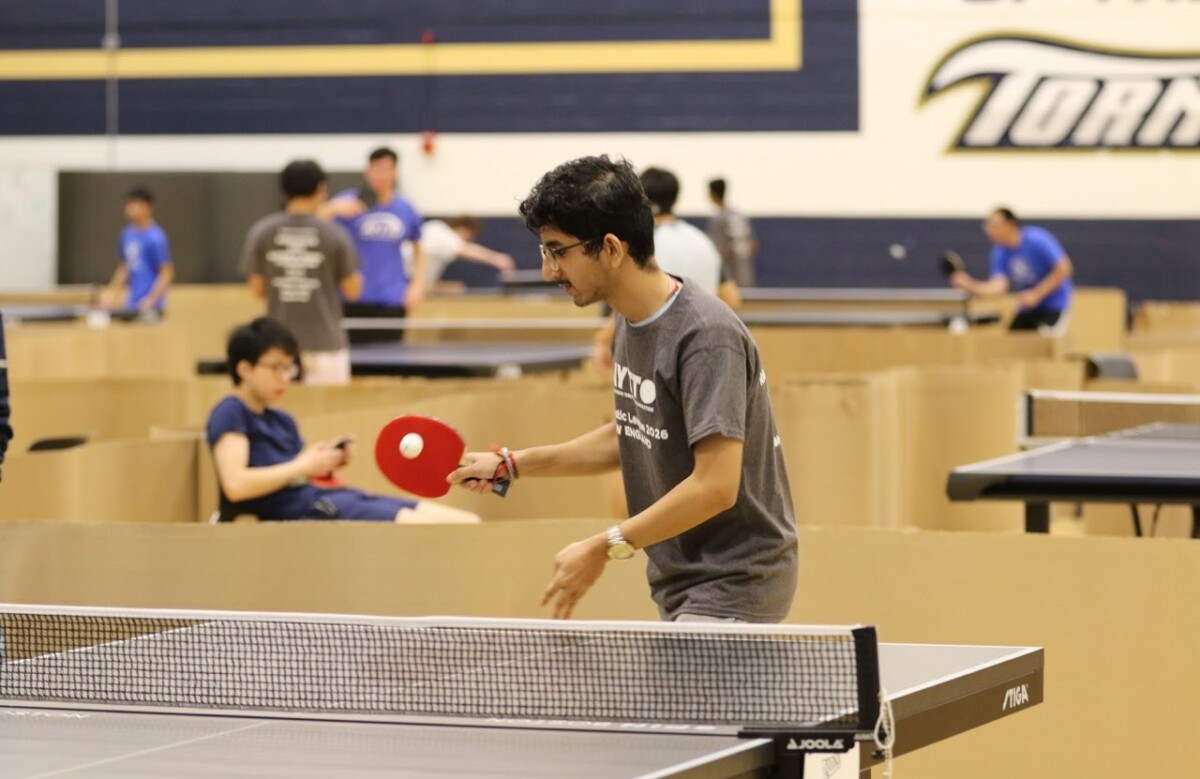
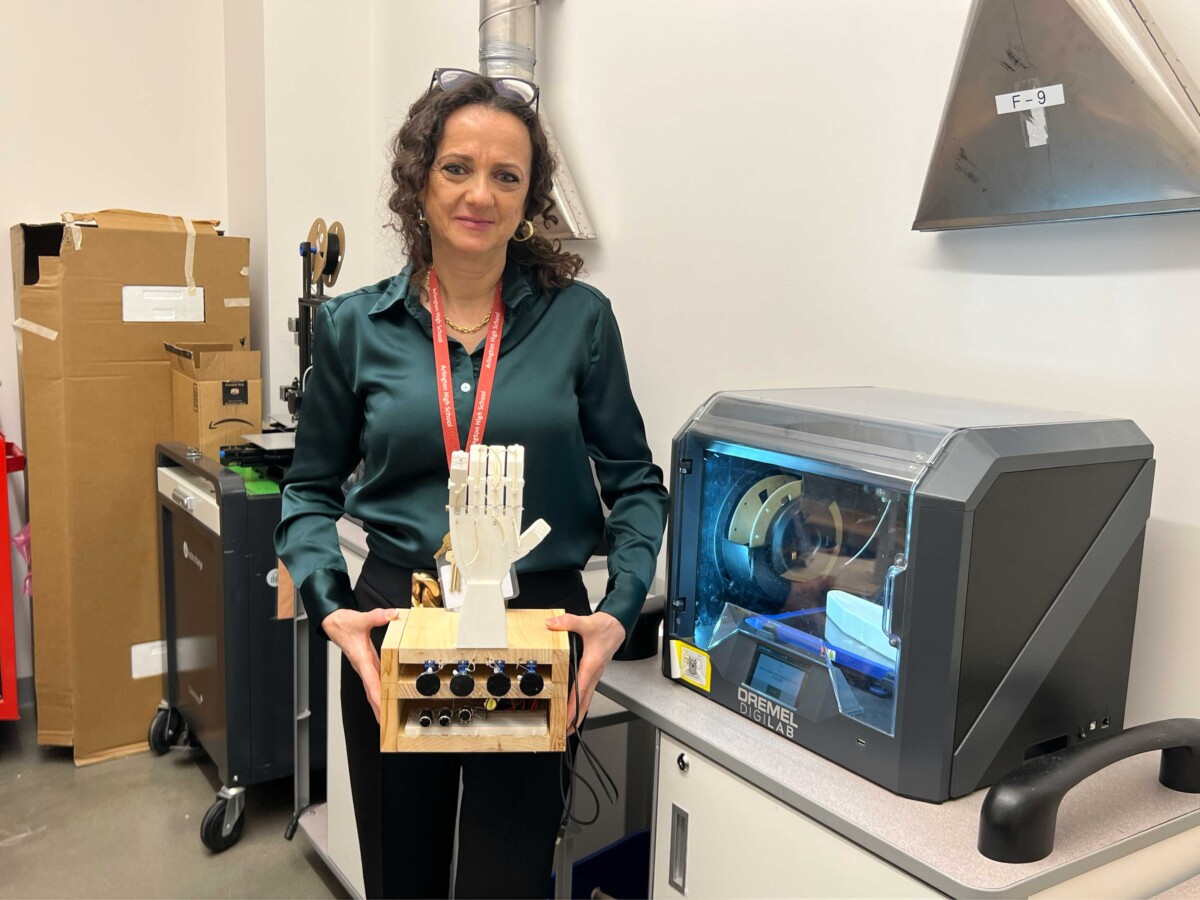

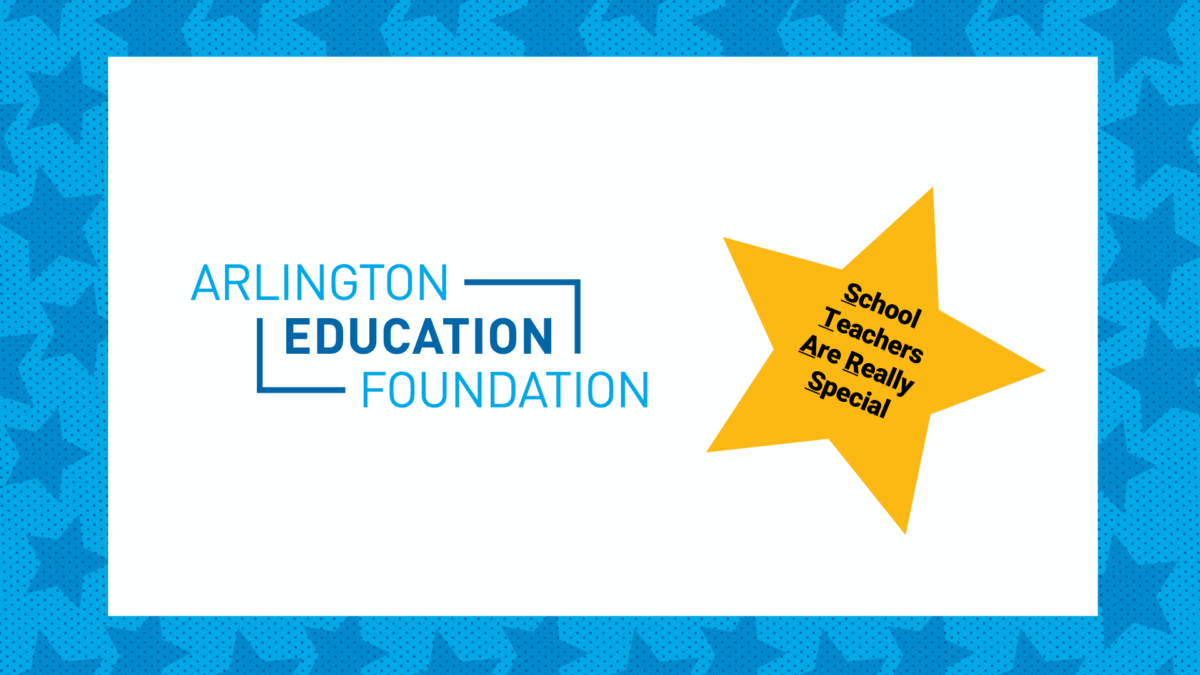
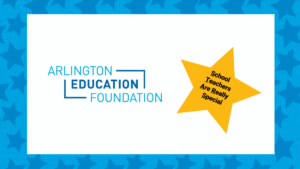 With Thanksgiving quickly approaching, Arlington Education Foundation’s holiday STARs campaign is in full swing. STAR awards recognize the contributions of individual teachers and staff members, while also supporting educational innovation in Arlington.
With Thanksgiving quickly approaching, Arlington Education Foundation’s holiday STARs campaign is in full swing. STAR awards recognize the contributions of individual teachers and staff members, while also supporting educational innovation in Arlington.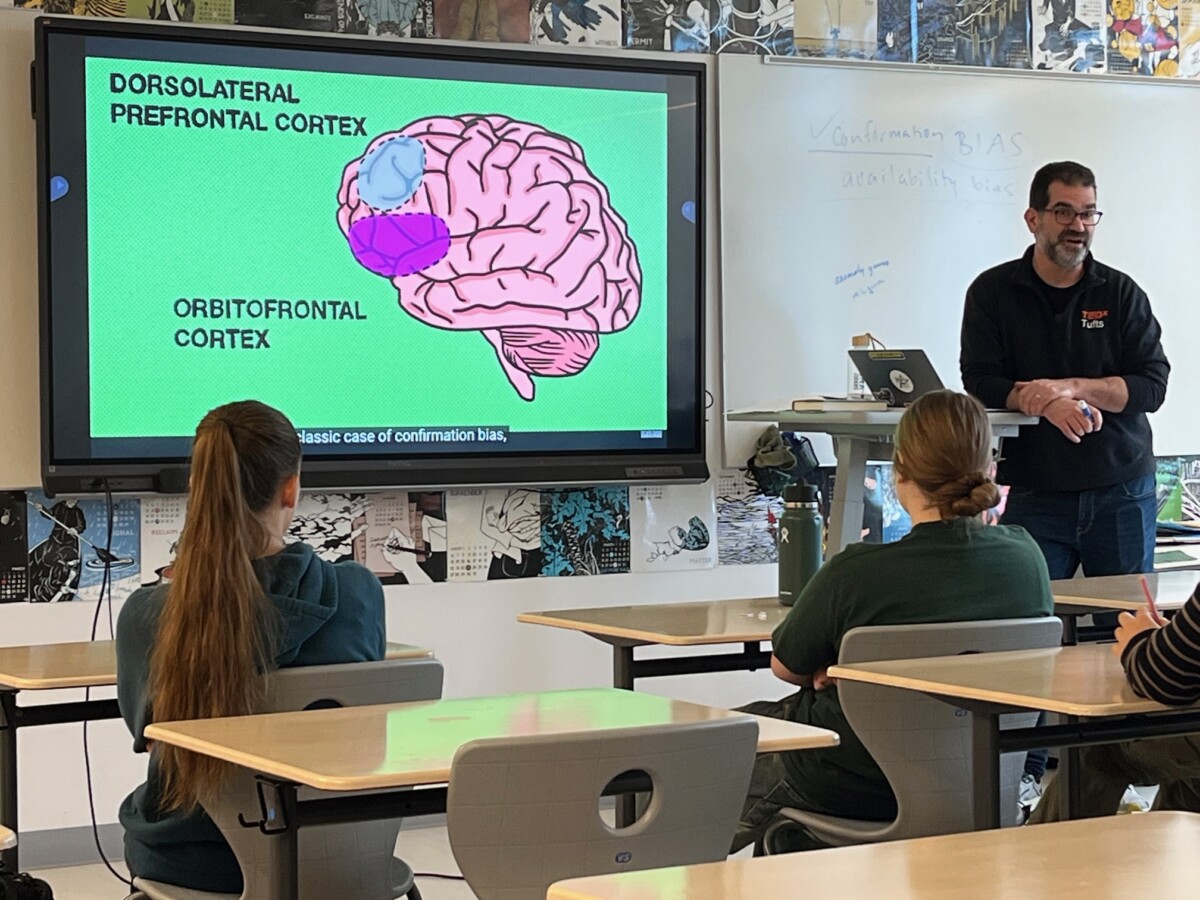
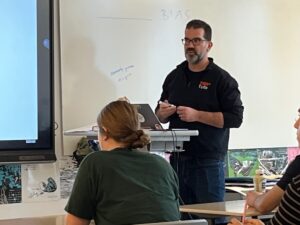 After Arlington High School students make the climb to Michael Sandler’s 5th floor classroom after lunch, they are confronted by a chart comparing Facebook users’ engagement with fake news to their engagement with real news.
After Arlington High School students make the climb to Michael Sandler’s 5th floor classroom after lunch, they are confronted by a chart comparing Facebook users’ engagement with fake news to their engagement with real news. 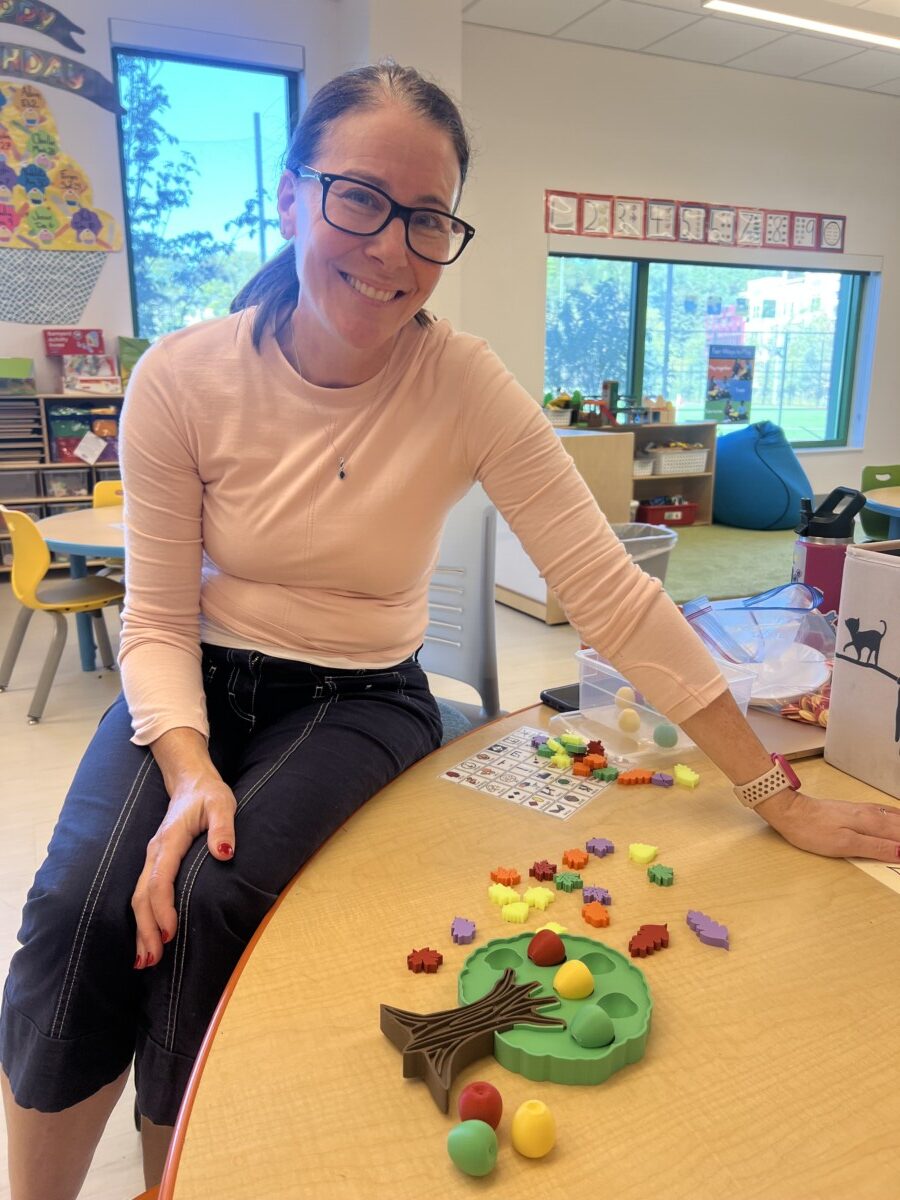
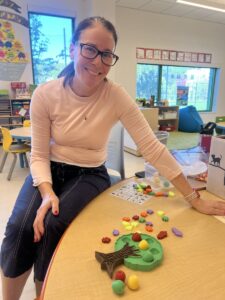
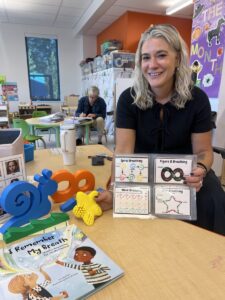
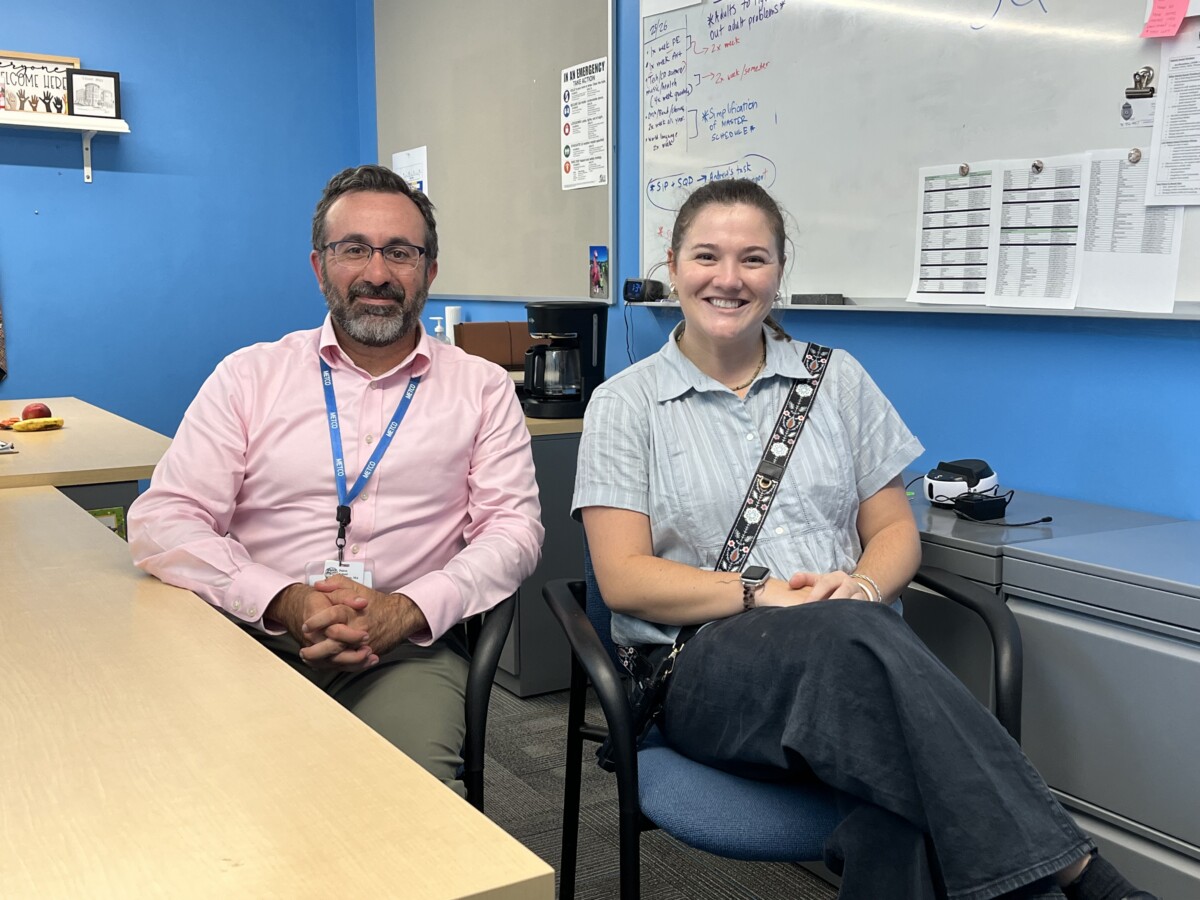
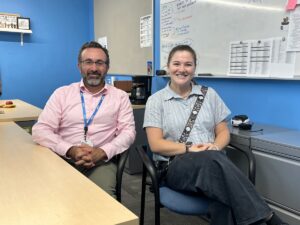 “People’s success is about skill, not will,” says Katie Miller.
“People’s success is about skill, not will,” says Katie Miller.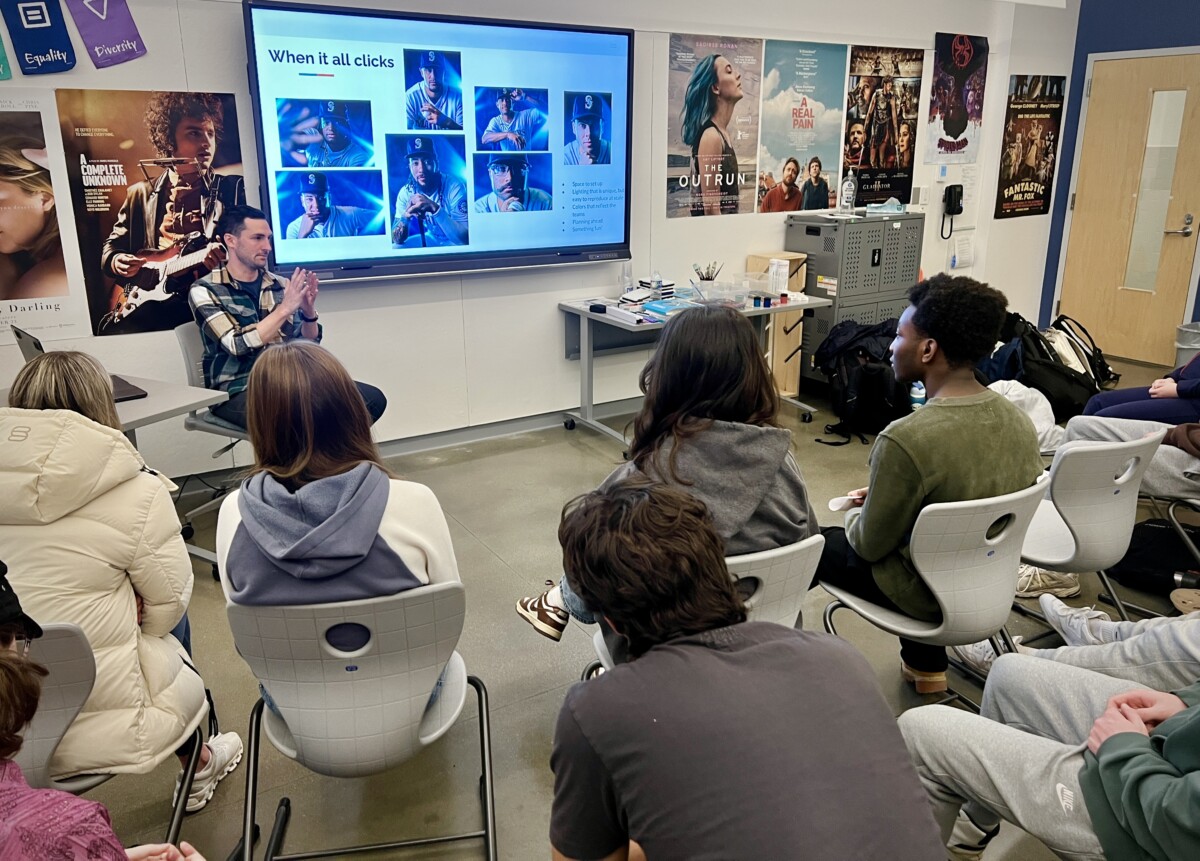
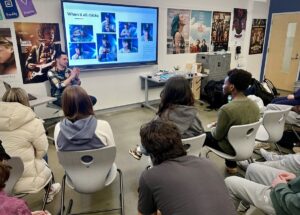 As a high school student growing up on Bainbridge Island, Wash., Adam Gooder found his home in the art room. It became the place where he met his friends, spent his off blocks and lingered before and after school, eventually launching him into a lifelong career in the arts as a professional photographer, filmmaker and teacher.
As a high school student growing up on Bainbridge Island, Wash., Adam Gooder found his home in the art room. It became the place where he met his friends, spent his off blocks and lingered before and after school, eventually launching him into a lifelong career in the arts as a professional photographer, filmmaker and teacher.